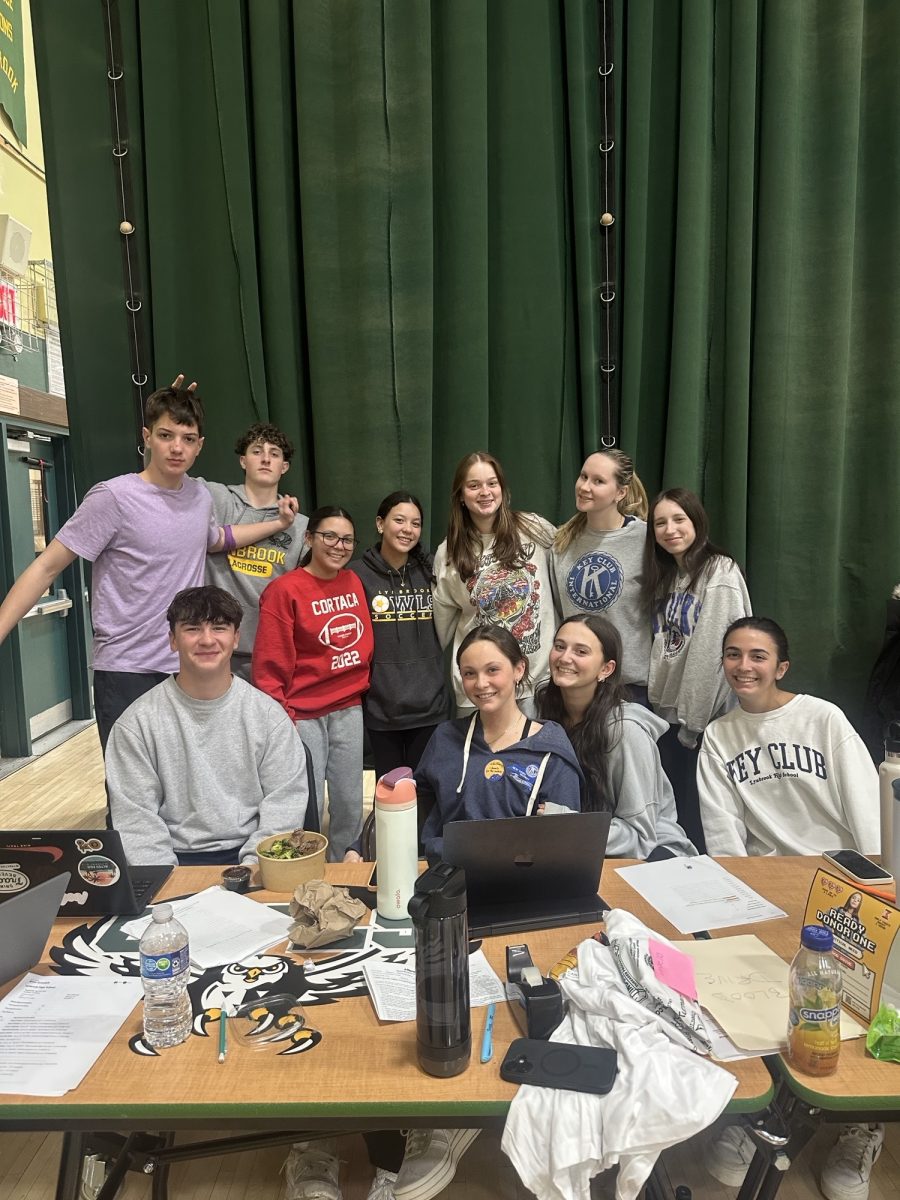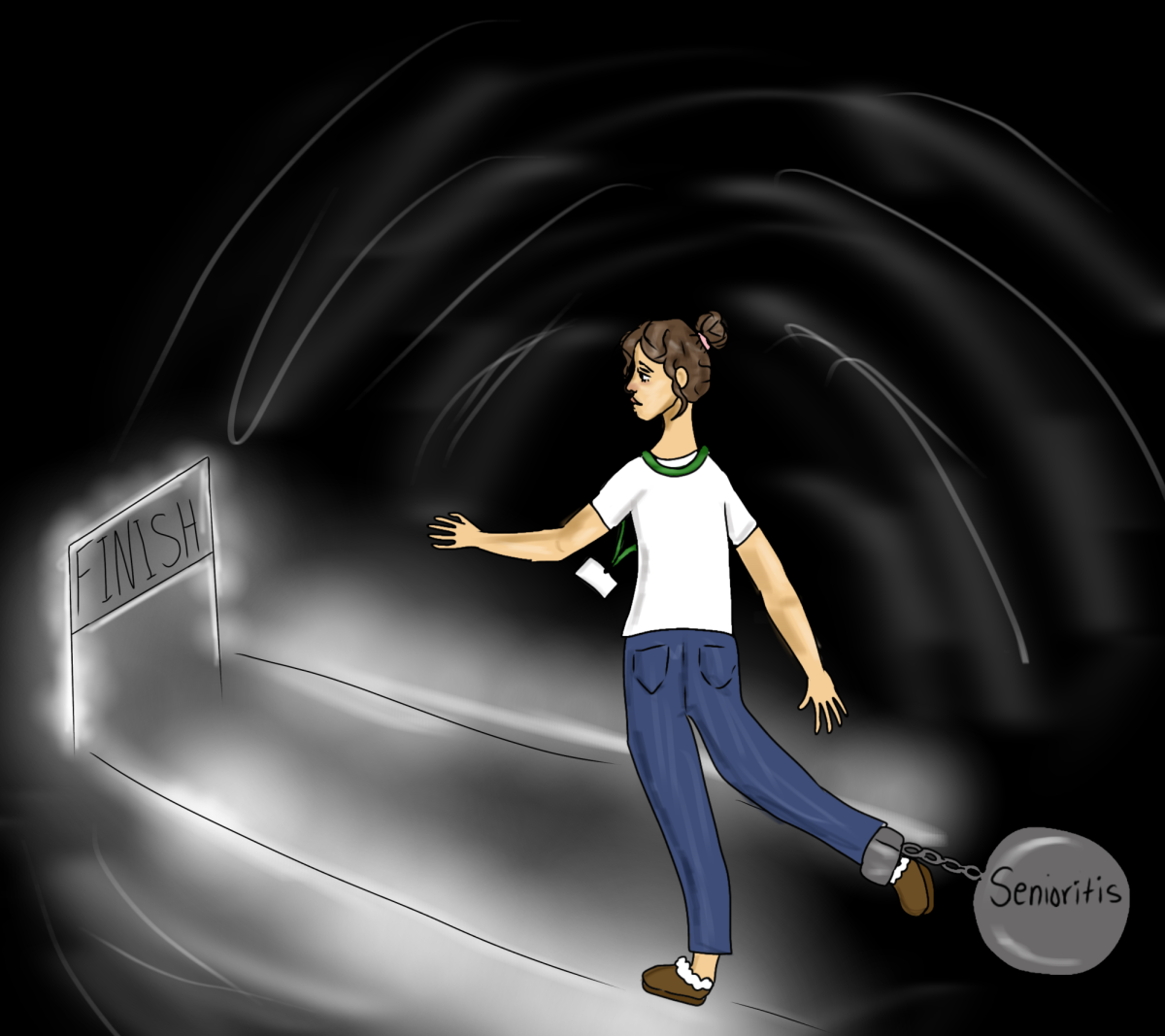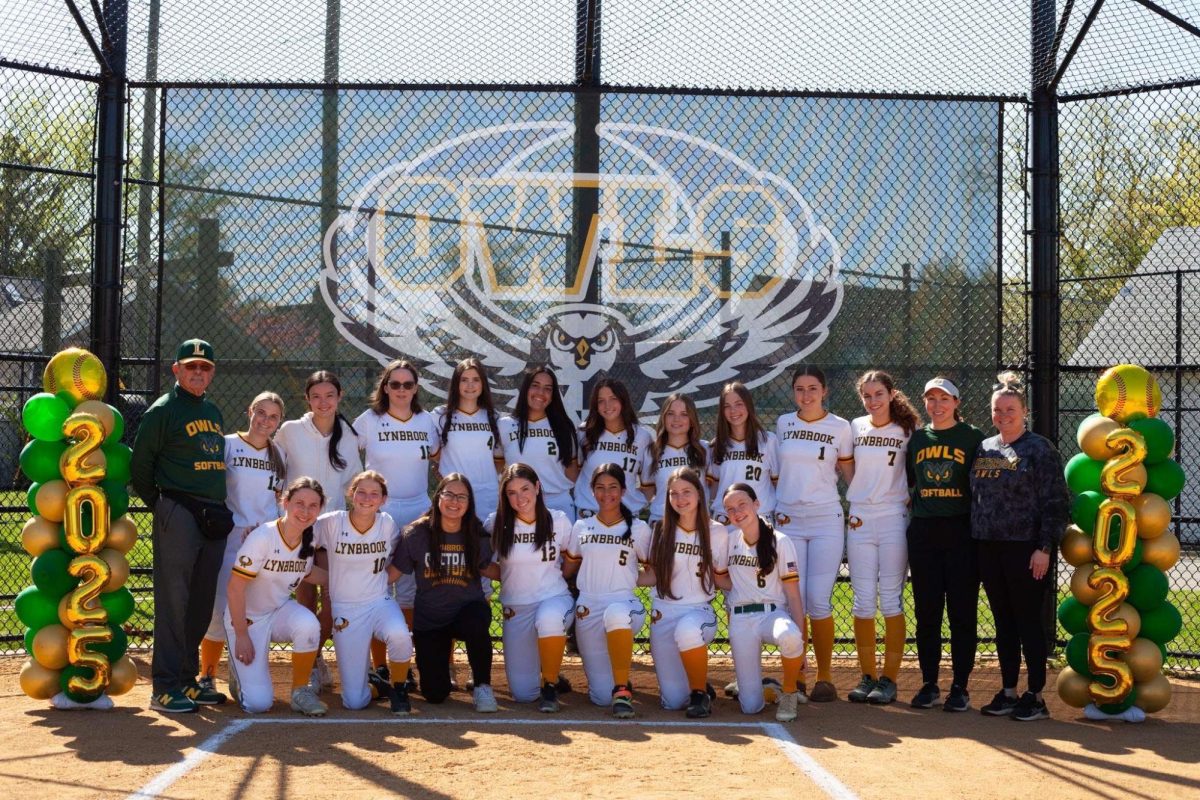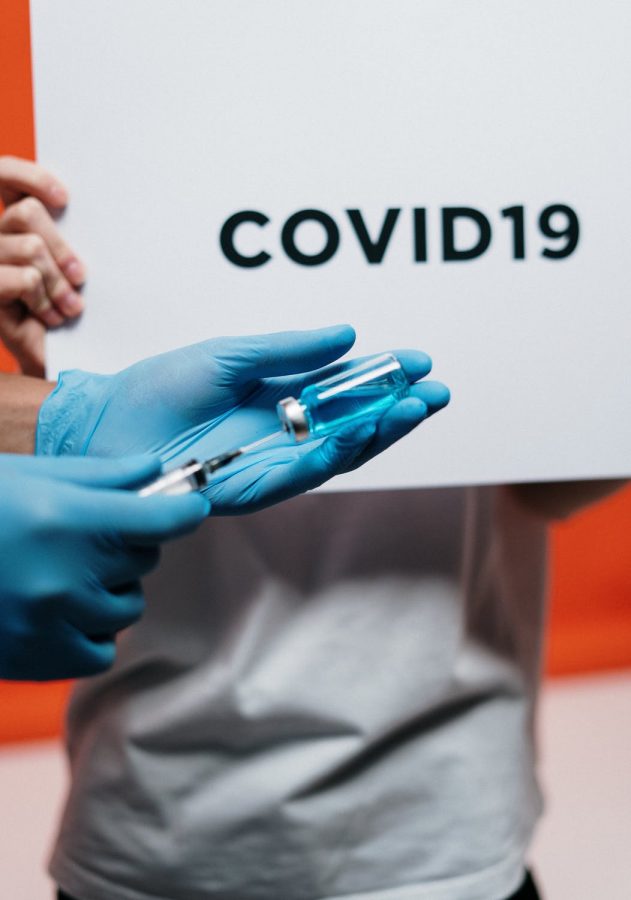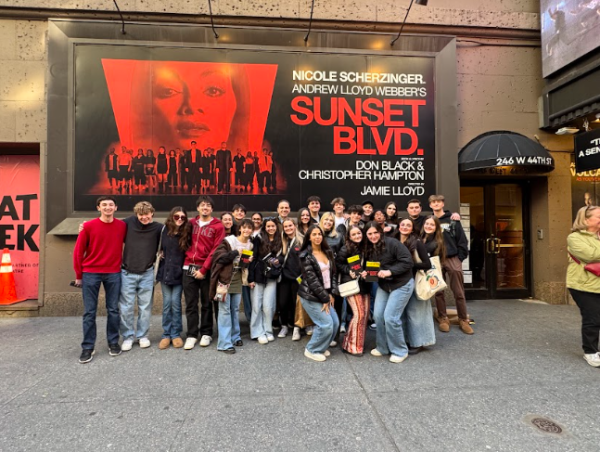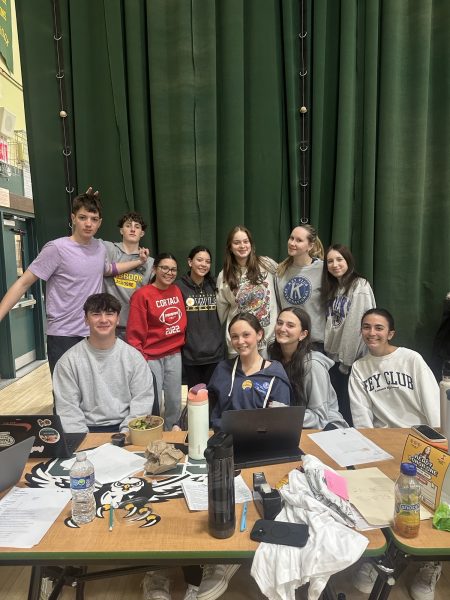The Covid-19 Vaccine
Finally, after ten months of difficulty and much uncertainty, the United States has a major reason to celebrate. Last week, on Dec. 11, 2020, the Food and Drug Administration(FDA) approved the authorization of a Covid-19 vaccine from the pharmaceutical company Pfizer. The vaccine is already available in the United Kingdom and Canada. There is also another vaccine soon to be approved; this vaccine was made by the pharmaceutical company Moderna.
The Pfizer vaccine is said to be 95% effective, and it will soon be available. The FDA has put only one group in the category of those who should not get the vaccine, and it is people who have a known history of an allergic reaction to any one of the components of the Pfizer or Moderna vaccines. A warning label on the vaccine says that the medical facilities should keep certain antihistamines around to manage allergic reactions if they occur. This factor of uncertainty could strike fear in many people since many may not know what could happen if they receive the vaccine. Registered nurse Jasmine Lyons said, “I am nervous to get the vaccine, but not just because it is a COVID vaccine. I am always nervous to try new drugs and treatments.”
Two healthcare workers in the U.K. who have a history of severe reactions to vaccinations, did have bad reactions within minutes of getting the Covid-19 shot. Now in the U.K., people who have allergies to components within the vaccine are being advised not to take the vaccine. Although, the CDC says in the U.S., people with a history of vaccine allergies can get the Covid-19 vaccine. So, it is expected for many people with allergies to become conflicted with their decision.
With the U.S. approving two vaccines, many people may wonder which one to take and which one is more effective. Lyons stated, “When I am offered the vaccine, I will take the Pfizer one. Their clinical trials studied a larger group of subjects, and it was the most trusted at the time. However, both vaccines are reported to be over 90% effective.”
Many people are questioning if once they do get the vaccine how long it will take for it to be effective in their bodies. Lyons commented, “I participated in a research phone call about the coronavirus vaccine, which consisted of emergency room doctors and nurses. They have all researched the vaccine heavily, and all the data shows that ten days after the second doses of vaccine, an individual has significant protection against catching COVID-19.”
Now more than ever, people need to keep in mind both the pros and the cons of this vaccine when deciding whether to get it. The risk must be balanced with the benefit, but it is important to do research to make an informed decision.




